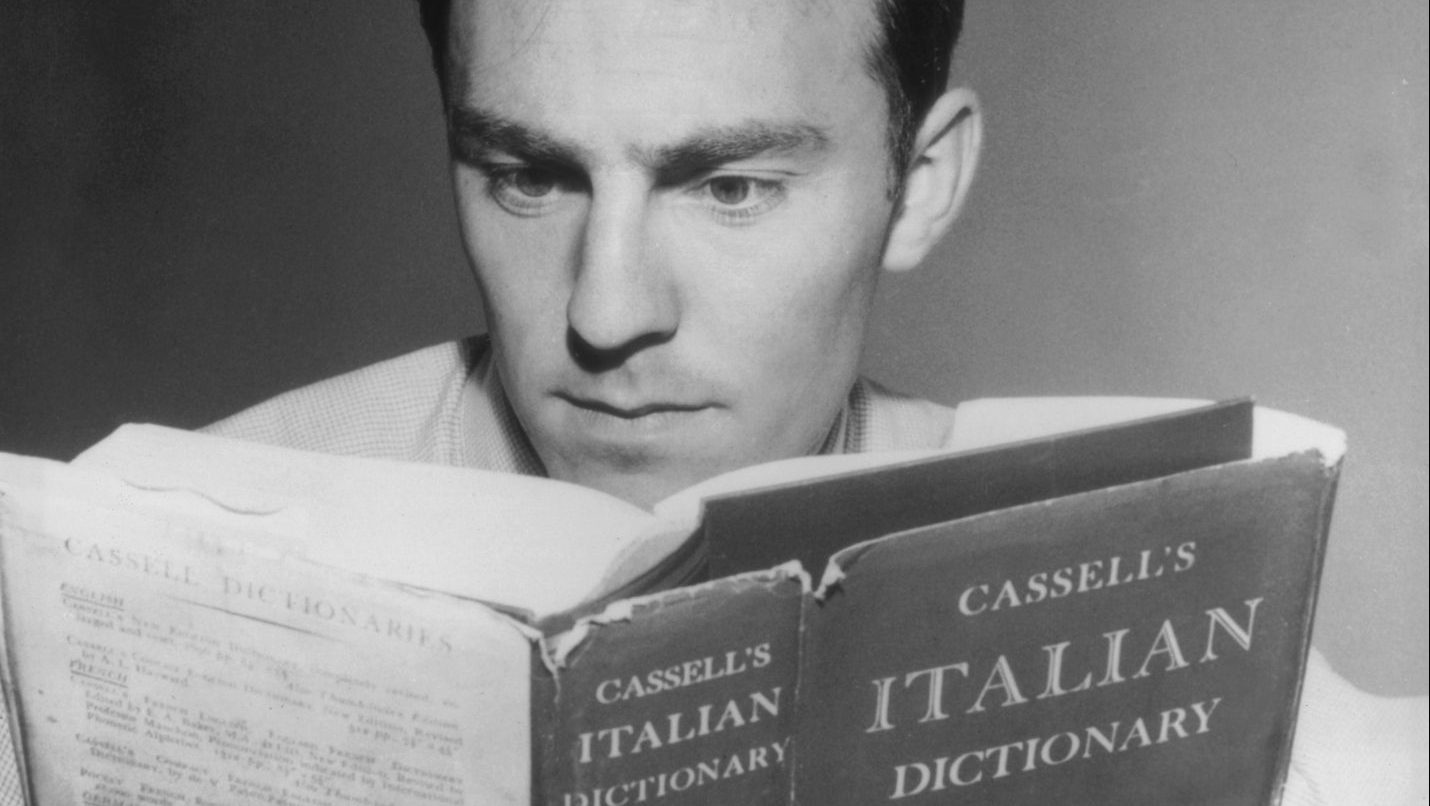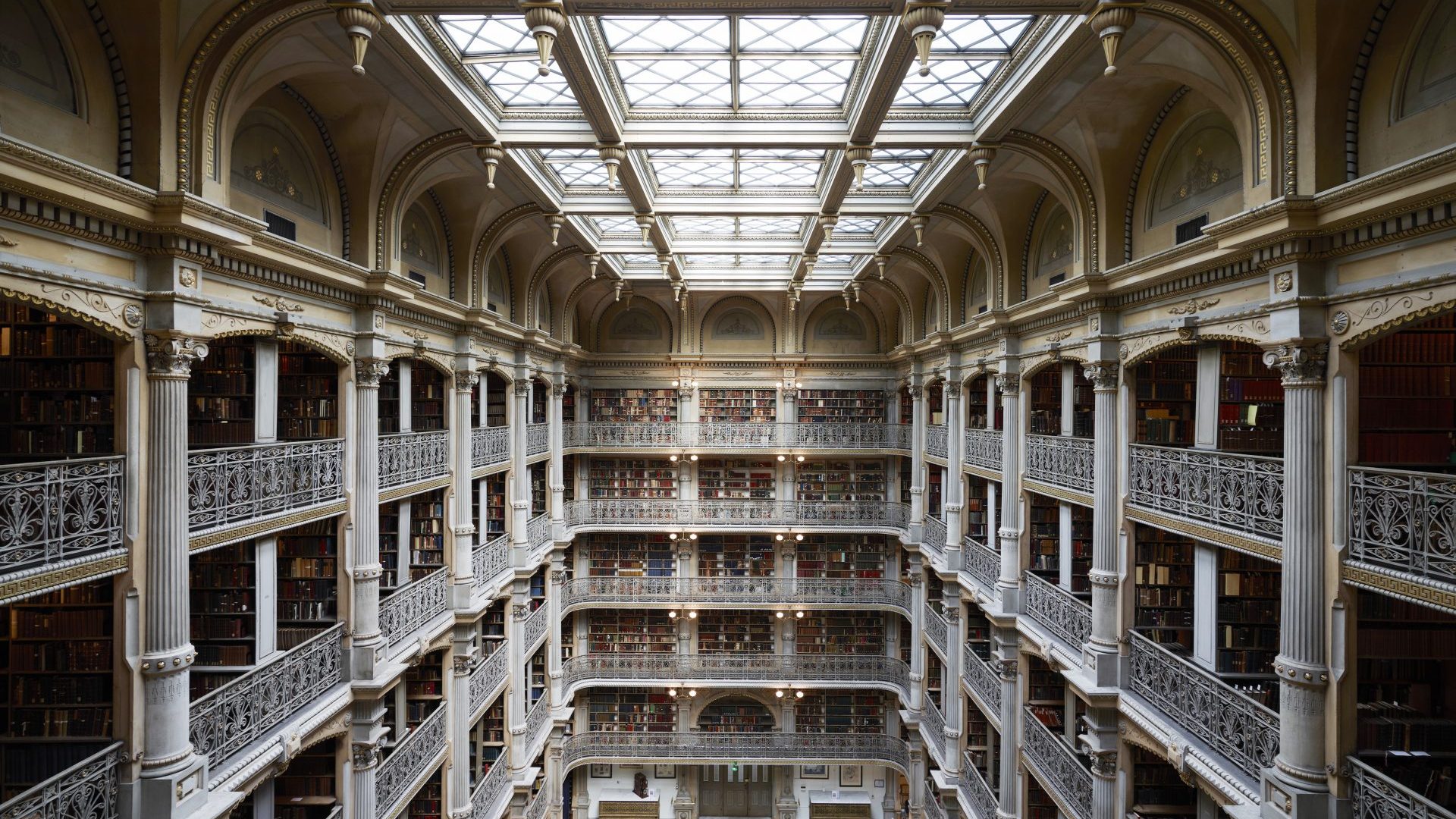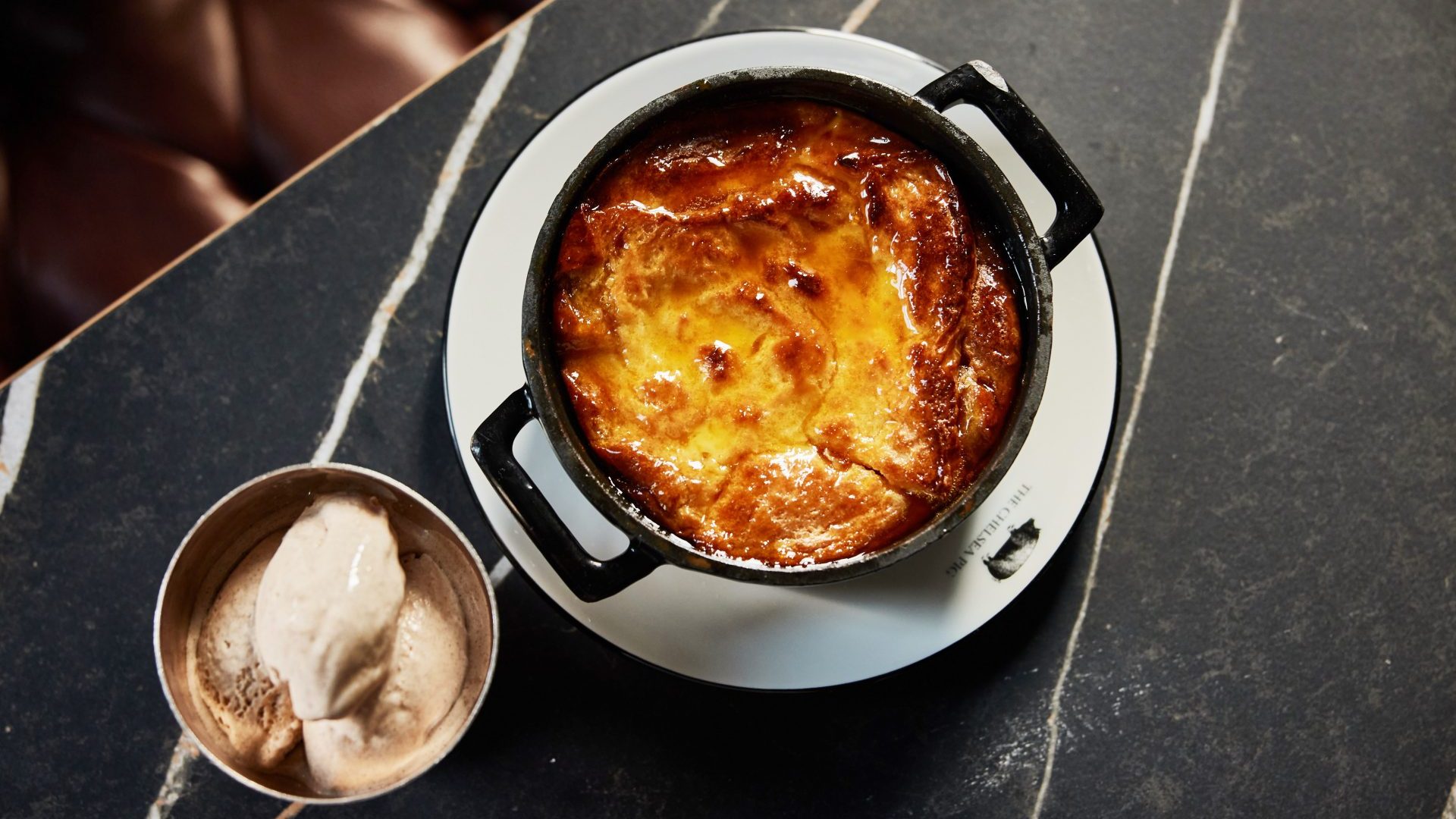Is it too late for Harry Kane to become a European? I think not.
Loan spells early in his career aside, Kane has never strayed from his north London manor. He has just eclipsed the late, great Jimmy Greaves as Tottenham’s all-time goalscorer, and Spurs have every chance of taking out
Milan, the fading Italians, when the Uefa Champions League recommences
next Tuesday.
This is a strange European season. Napoli are playing the brightest football on the continent right now while Real Madrid, Bayern Munich, Paris St Germain, Liverpool and Manchester City all struggle to get their focus back after the hiatus of the World Cup in Qatar.
The bigger the club (and bigger their budget), the greater the struggle to reacclimatise, physically and mentally. PSG, for example, have been deprived of all three of their superstars Kylian Mbappé, Neymar and Lionel Messi at certain points since the World Cup. The club can easily win the French league with or without them, but its Qatari owners want one thing – the Champions League trophy.
If the medical bulletins are trustworthy, only Messi of that trio will be fit to play against Bayern Munich next Tuesday. The Muncheners, themselves struggling without the injured Sadio Mané, are not the threat they were when Robert Lewandowski was their talismanic striker.
And that is where my opening question, on the Europeanisation of Kane, becomes germane. Harry’s Tottenham contract is winding down. Like any successful player, he craves silverware. He toils almost like no other in the modern game. His greatest attributes are single-minded finishing combined with a slavish stubbornness to run the hard yards and make himself and his team better than the critics believed.
He is almost the opposite of Greaves. Jimmy was pure instinct. He had a knack for scoring comparable to Bayern’s striker of the ages, Gerd Müller. Kane is self-made, more like Lewandowski than Greaves, or “Der Bomber”. Kane and Lewi work for their goals, Greaves and Müller shared the same poaching instinct.
But when Greaves left his London patch for Milan, it didn’t last. He left Chelsea for AC Milan, and scored nine goals in 10 Serie A games. But by the
December of that year, he was back at Tottenham. The rest was history, until Kane broke his record with the Lilywhites.
Why would we suppose that Kane would ever move? We know that he felt betrayed when Spurs, as was their right, refused to sell him to Manchester City two years ago. And we hear that the other Mancunian club, United, are planning a bid to take him up north this summer. Tottenham, it is presumed, would take this last chance to cash in on Kane as his contract enters its final year. And as he turns 30 years of age.
To my mind, Manchester would be almost as much a lifestyle change as Munich. Footballers scarcely live in the community anyway because their regimen tends to be the training ground, the golf course, global travel en bloc. And if they are married, the guarded security of home and private schooling that money can buy.
Kane is very much the family man. His wife Katie went to the same school
as he did. Their three children are six, four and two and will need to settle in
school or kindergarten. But despite (or perhaps because of) Brexit, the family support of a Bundesliga club is as carefully considered towards the needs of families from whatever country.
It is short-term. Players are passing through. The Kanes have never lived
anywhere but their own childhood corner of north London, so be it Manchester or Munich, the adaptation would need flexible thinking.
There is a reason why Borussia Dortmund take English apprentices like Jadon Sancho and Jude Bellingham and give them stability and early playing opportunity. The Bundesliga is not as intense on the field or in the classroom. Clearly, a player needs to master some of the language, but back in the 1970s and 1980s Kevin Keegan and Tony Woodcock settled comfortably enough in Hamburg and FC Köln. The trade-off was English talent and mentality in exchange for German thoroughness and integration.
I visited both “Mighty Mouse” Keegan and Nottingham Forest European Cup winner Tony Woodcock in their Bundesliga domain. Both were converts; Woodcock blossoming into the best years of his career in Germany while Keegan won the Ballon d’Or twice with Hamburg, in 1978 and ‘79.
It works both ways. Liverpool have nothing to regret over hiring Jürgen Klopp to revive Bill Shankly’s essence of crowd, community and playing spirit over six-and-a-half years so far. There must be concerns, though, that
Klopp burned out in year seven at both Mainz and Dortmund. His style extracts everything that humans can give.
Times and the markets change. The latest winter transfer window was as destabilising as the World Cup. Chelsea’s new acquisitive American owners pushed spending to new realms. England is “a doped market”, according to Spanish league president Javier Tobias. The Premier League lavished £815m in January – more than France, Germany, Italy and Spain combined. Time will tell whether this is sustainable because Liverpool and Manchester United are seeking new buyers, or new investors.
In Harry Kane’s shoes, I would ask what is more sustainable over the next five years: An English giant whose viability is questionable, or the German powerhouse club, backed by Adidas, whose model guarantees trophies?
Assuming, that is, that in this strange season, Spurs don’t win the Champions League…




